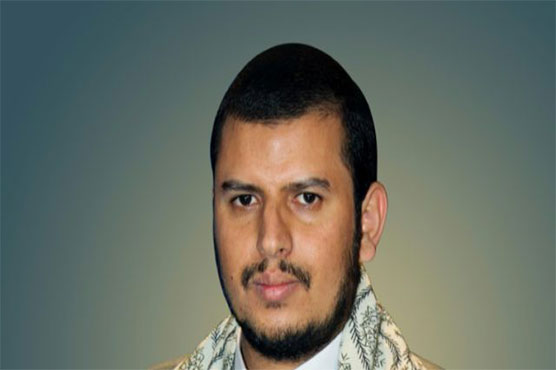Yemen rebels can reach 'strategic' targets in Saudi, UAE: chief

Yemen's rebel chief warned that rebels have the capabilities to hit targets in Saudi Arabia and UAE.
DUBAI (AFP) - Yemen s rebel chief warned Monday that the rebels could launch attacks against targets in Saudi Arabia and the United Arab Emirates, who lead a military coalition against them.
Abdulmalik al-Huthi said the rebels were prepared to continue fighting the coalition in a four-year war that has pushed the country to the brink of famine.
"We are ready on the ground and on the fronts," he said in a rare television interview broadcast by the Huthi-run Al-Masirah TV.
"We are ready for sacrifice. We are ready with men, money and weapons."
Huthi said the rebels have the capabilities to reach "important and strategic" targets in Saudi Arabia and the UAE if there is an escalation of fighting in the key port city of Hodeida.
"The missiles can reach Riyadh, Abu Dhabi, and Dubai... vibrant and sensitive targets," he said.
The Iran-linked Huthi rebels have targeted Saudi border towns and the capital Riyadh with ballistic missiles and also claimed drone attacks on the airports of Abu Dhabi and Dubai during the course of the conflict.
Saudi Arabia has said the missiles were all intercepted by its air force, with one civilian reported killed by falling shrapnel, while the UAE has denied the alleged drone attacks.
Saudi Arabia and its military allies joined the Yemeni government s war against the Huthis in March 2015, triggering what the UN calls the world s worst humanitarian crisis.
Both sides to the conflict stand accused of acts that could amount to war crimes.
The World Health Organization estimates nearly 10,000 people have been killed in Yemen since March 2015, while other rights groups estimate the toll could be much higher.
On Thursday, the UN Security Council urged the warring parties to pull back their forces from the Red Sea city of Hodeida "as soon as possible" in line with a ceasefire deal reached four months ago.
The deal -- which called for a ceasefire, rebel pullback and mutual redeployment from Hodeida, Yemen s lifeline port controlled by the Huthis -- offered the best hope in years of moving toward an end to the conflict.
UN envoy Martin Griffiths told the council on Monday that the government and rebels had agreed to the operational details of the first long-delayed pullback of forces from Hodeida.
The United Nations announced a deal on the two-stage pullback from Hodeida city and its ports in February, but the redeployment failed to materialise on the ground and the peace effort has since stalled.

